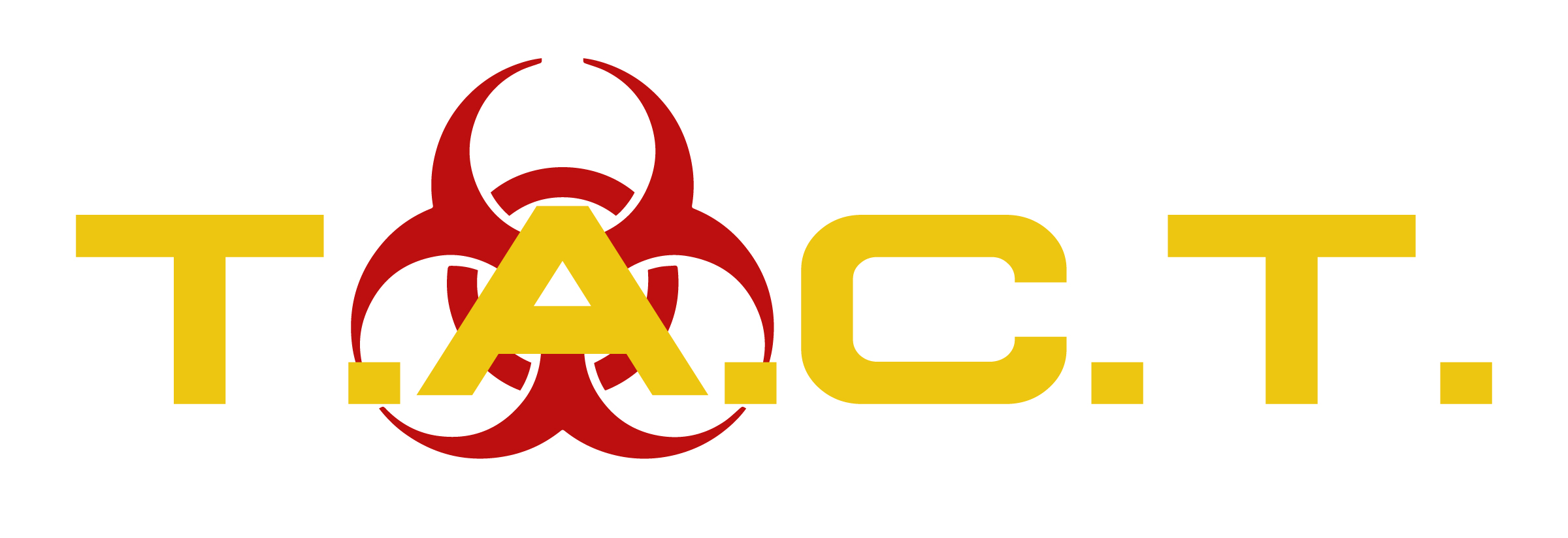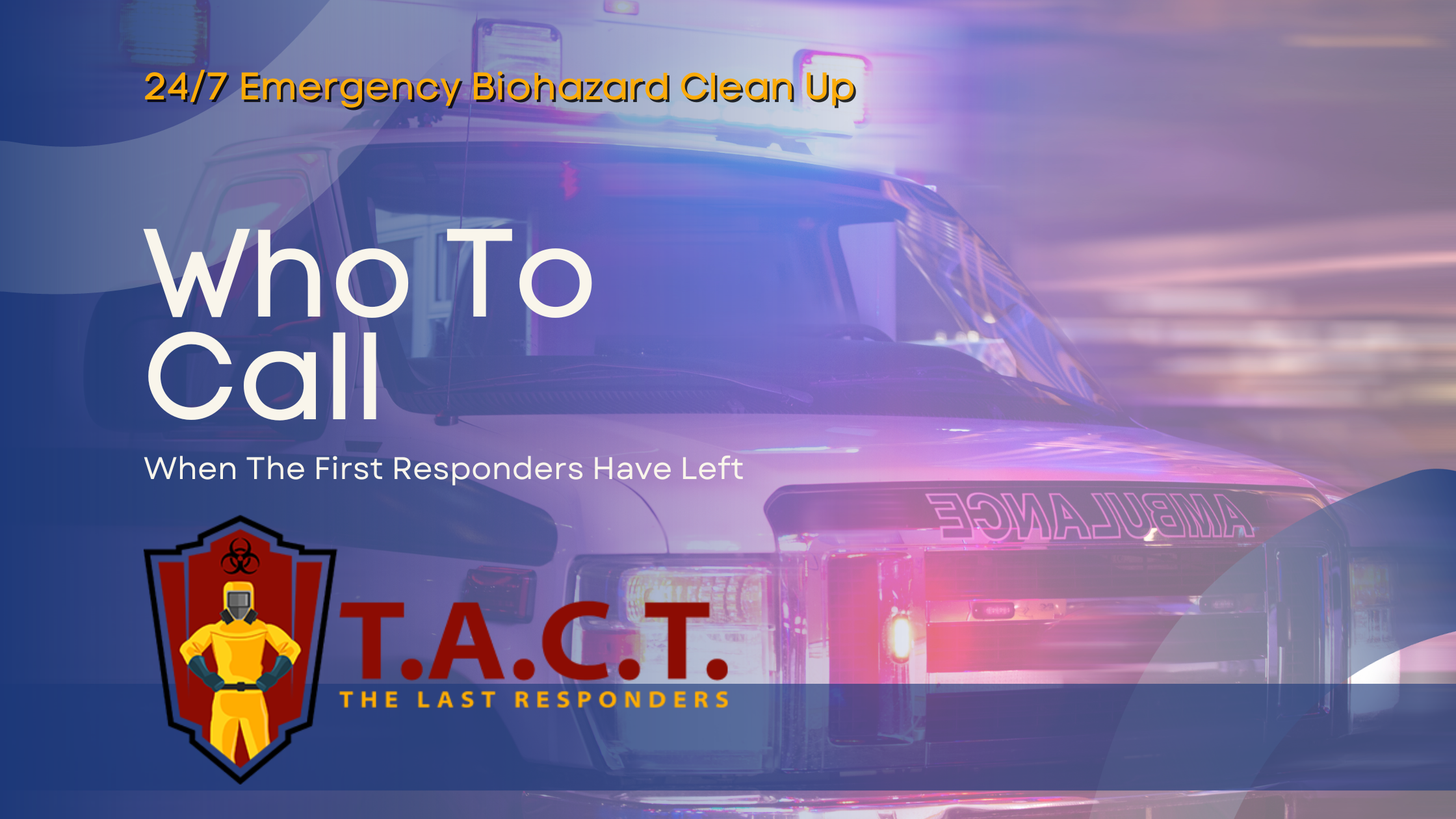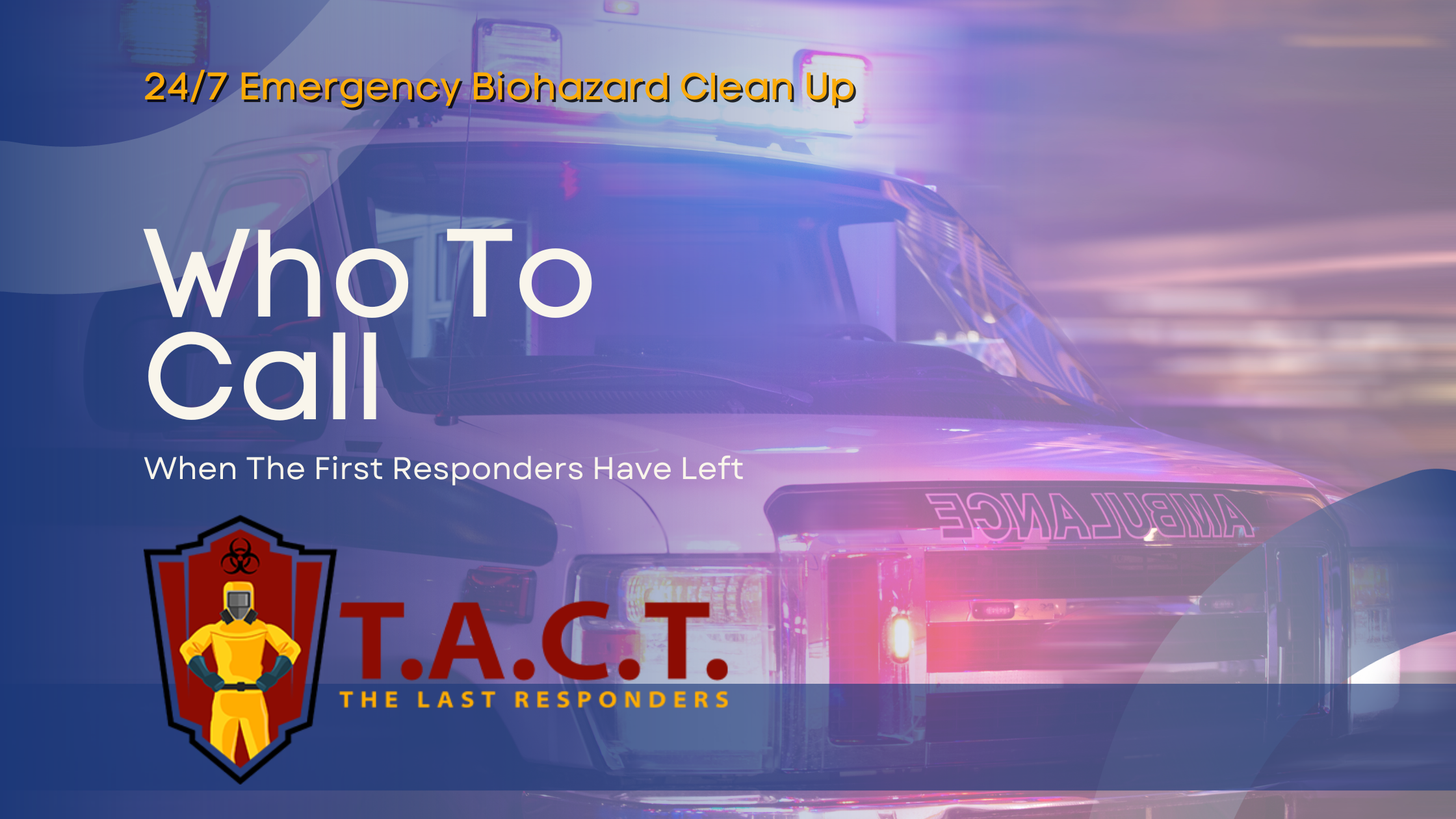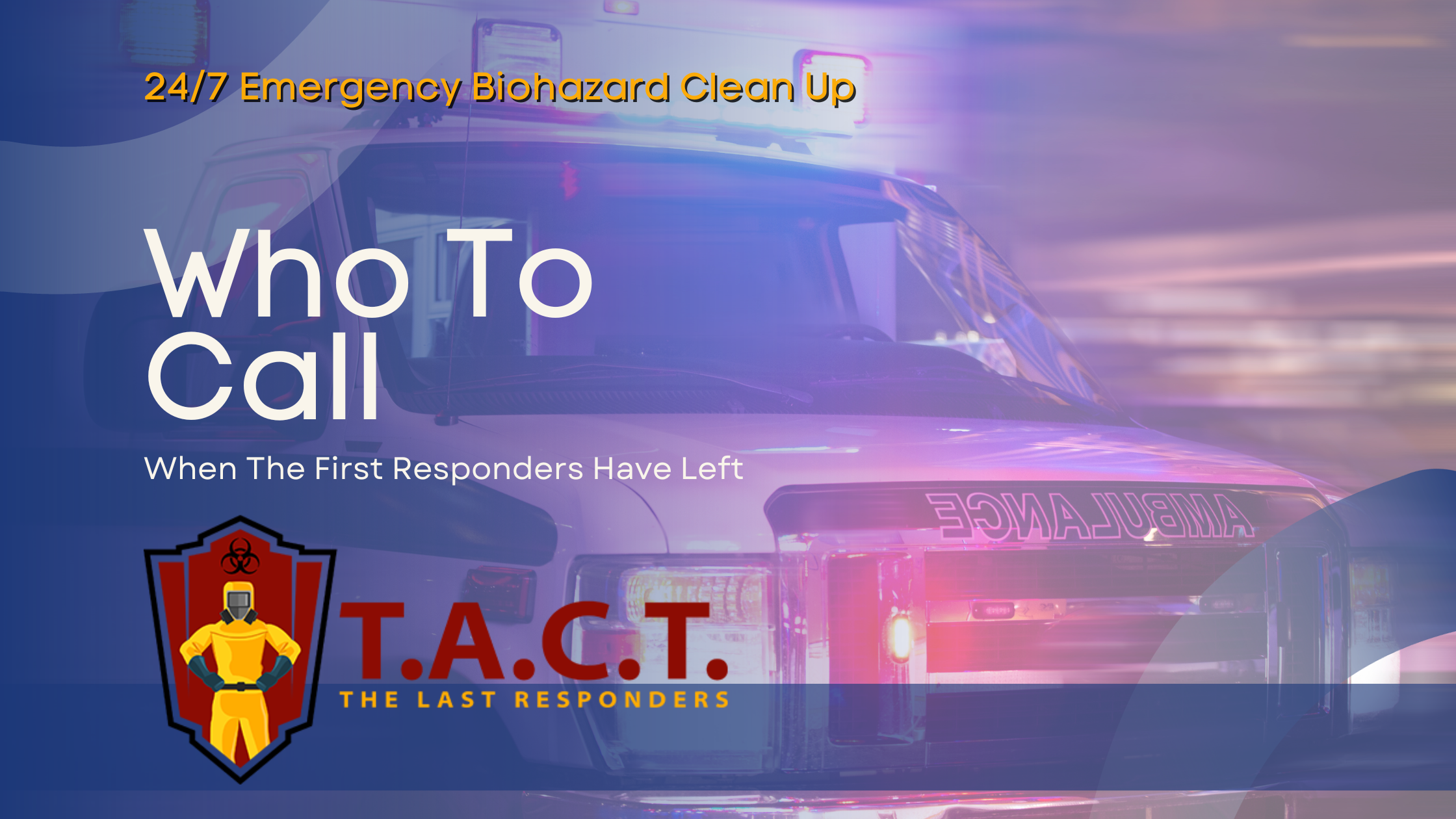Choosing the Right Hoarding Specialist for Support

Choosing the Right Hoarding Specialist for Effective Support
Hoarding disorder can be a challenging and deeply personal condition that profoundly impacts individuals and their families. If you or a loved one is struggling with hoarding, finding the right support is a critical step toward reclaiming your space and improving your quality of life. This guide will help you understand the nature of hoarding disorder, the services a hoarding specialist can provide, and the treatment options available to empower you on this important journey.
Understanding Hoarding Disorder
Hoarding disorder is more than just collecting or clutter. It’s a serious mental health condition characterized by persistent difficulty discarding items, regardless of their actual value, and an overwhelming compulsion to acquire more. This often results in excessively cluttered living spaces that can compromise safety and day-to-day functioning.
Symptoms and Diagnosis
Hoarding disorder can be difficult to diagnose because its symptoms often overlap with other conditions, such as depression or anxiety. A diagnosis should ideally come from a mental health professional experienced in hoarding-specific cases. Understanding the emotional well-being, beliefs about possessions, and behaviors related to acquiring and saving items forms the core of a thorough mental health assessment.
One key trigger for hoarding behaviors is trauma, often rooted in loss or distressing life events. Recognizing these underlying psychological causes is essential for creating an effective support plan. Loved ones also play an integral role during this process, offering emotional encouragement while helping the individual work towards recovery.
Finding the Right Hoarding Specialist
A hoarding specialist bridges the gap between emotional support and the practical need for decluttering. These professionals are either certified therapists or professional organizers with specific training in working with individuals experiencing chronic disorganization and hoarding behaviors.
What Makes a Hoarding Specialist Unique?
Hoarding specialists possess a specialized certificate that requires:
At least 12 hours of focused education on chronic disorganization and hoarding issues.
A minimum of six hours of general educational training.
Passing an exam based on in-depth reading on hoarding-related challenges.
This rigorous training ensures they bring a compassionate yet structured approach to each case, enabling clients to tackle hoarding effectively while preserving meaningful items.
Services Offered by Hoarding Specialists
Hoarding specialists play a hands-on role during the decluttering process, ensuring it is not overwhelming or destructive. Their tasks typically include:
Sorting and Categorizing: Grouping items to differentiate between valuables, keepsakes, and disposable clutter.
Safe Disposal: Removing items that pose health risks, attract pests, or cause structural damage while adhering to Occupational Safety and Health Administration (OSHA) regulations.
Building Structure and Plans: Establishing practical organizational systems to prevent future clutter.
Their guidance extends beyond cleaning; they collaborate with therapists and family members to support long-term behavioral change.
Treatment and Support Options
While practical efforts like decluttering are essential, they often only address the surface of hoarding disorder. A deeper, multifaceted approach focusing on emotional and psychological healing yields the best long-term results. Here are the primary treatments and resources available to support individuals dealing with hoarding:
Treatment Approaches
Cognitive Behavioral Therapy (CBT)
CBT remains the most effective treatment for hoarding disorder. This skills-based therapy helps individuals identify and modify beliefs and behaviors regarding possessions while teaching organizational skills to manage clutter.
Medications
Prescription medications, such as selective serotonin reuptake inhibitors (SSRIs), are sometimes recommended to address co-occurring anxiety or depression alongside hoarding behaviors.
Compassion-Focused Therapy
This therapy aims to reduce shame and self-criticism, which are common in individuals with hoarding disorder. By cultivating self-compassion, it supports better emotion regulation and improved decision-making skills.
The Role of Support Groups and Resources
Connecting with others who face similar challenges can alleviation the feeling of isolation in hoarding disorder. Support groups through organizations like the International OCD Foundation provide community and shared experiences, offering comfort and hope for recovery.
Online resources—including articles, books, and webinars—serve as additional tools to deepen learning and provide practical tips for managing clutter. Partnering with professional hoarding therapists and organizers further enhances the recovery process.
Preparing for Support
Before seeking support, both individuals and their families need to prepare themselves emotionally and logistically. Here are essential steps to ensure the process is as effective as possible:
Educate Yourself
Research hoarding behavior, including its triggers and underlying causes, to gain empathy and understanding. Familiarize yourself with potential challenges and opportunities during the recovery process.
Seek Family Support
Encourage open conversations among family members about the emotional struggles tied to hoarding. Their perspective and involvement often inspire motivation for treatment.
Plan with a Specialist
Collaborate with a hoarding specialist to create a personalized action plan tailored to the individual’s mental health, home environment, and personal goals.
The Importance of Addressing Psychological Roots
Without addressing the mental health components of hoarding, physical decluttering efforts may only achieve temporary results. Taking a holistic approach, which combines therapies like CBT with emotional support and physical organization, ensures a sustainable path to recovery.
Building a Path to Change
Recovering from hoarding disorder is far from easy, but with the right combination of professional support, emotional care, and dedicated effort, it’s entirely possible.
Moving Forward with Confidence
A skilled hoarding specialist can guide individuals through the emotional and practical challenges of decluttering, ensuring progress is steady and respectful. Combined with tailored therapy and community support, many individuals successfully learn to manage their condition, unlock space in their homes, and vastly improve their quality of life.
If hoarding disorder is affecting you or someone you care about, taking that first step toward support can open the door to a freer, healthier future. You don’t have to face this alone—a hoarding specialist can stand with you every step of the way, providing expert care and compassionate understanding.



